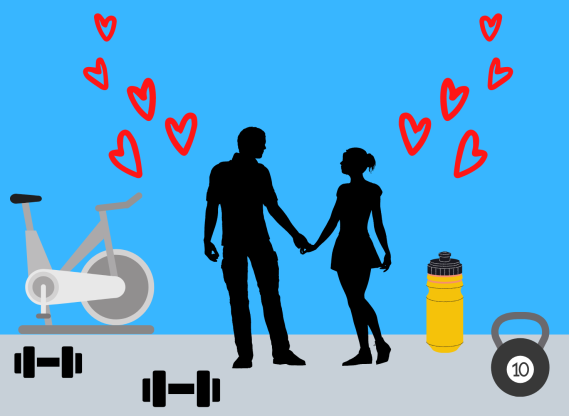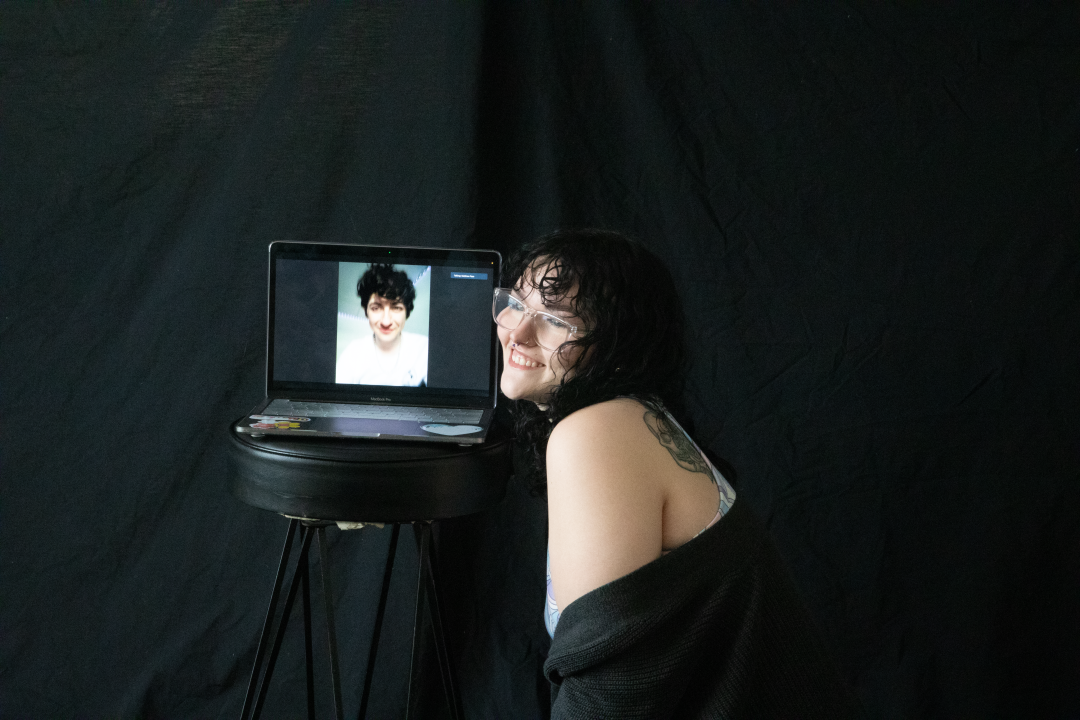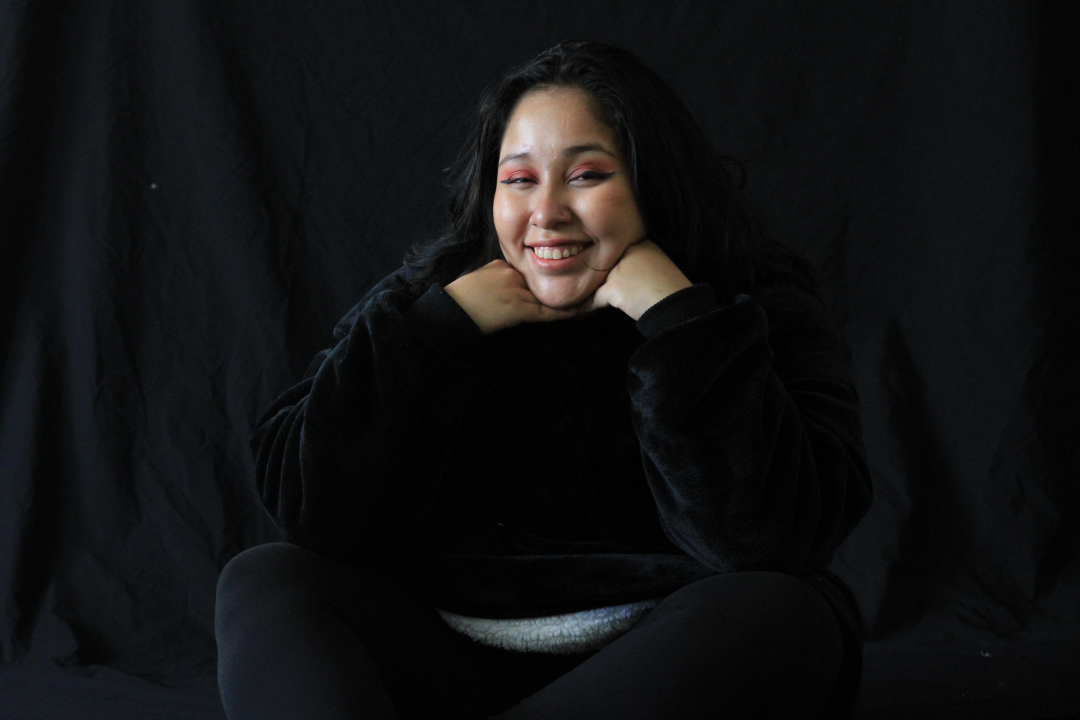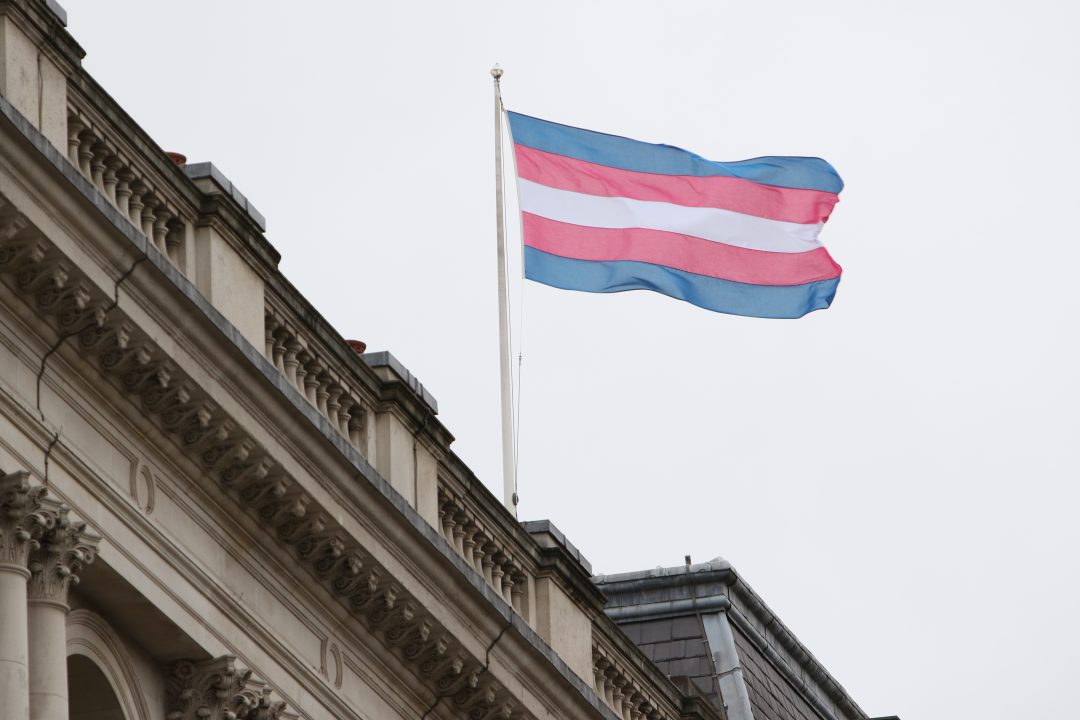
After two years of pandemic restrictions and health scares, young adults are emerging back into social settings, determined to fortify their health with strong relationships and fit lifestyles.
Some are searching for love through gyms, fitness clubs and social apps. Others are strengthening their current relationships through meal planning, organic food store runs and long walks on the beach.
Despite the closing of thousands of fitness centers across the United States, online training, wearable technology, home exercise and outdoor activities climbed to the top of fitness trends in 2021 according to the American College of Sports Medicine’s Health and Fitness Journal.
The shift in fitness lifestyles, fueled by pandemic restrictions, has inspired a revitalized approach to couples therapy and bonding: shared fitness journeys.
“I’ve seen a lot more interactions with family, and a lot more people doing things together,” Mike Ralabate, a marriage and family therapist located in Milford, CT, said.
Ralabate and his wife started going for 30-minute walks together during the pandemic, without phones or other distractions. He often recommends this same activity to his clients; he suggests that they exercise with their partner to bond and ensure quality time.
“It builds a shared experience and a shared goal. My goal now becomes our goal. When I recommend [fitness] for couples, if they can, those that do engage in it have a lot more of that unity together,” he said.
Anna Myers, 23, and her boyfriend Kurt Wendt, 25, embraced a lifestyle of shared fitness goals during the pandemic, using exercise to work out mental health issues together.
“Fitness is such a good catalyst for having better communication skills,” Myers said. “Because we’re close and because we’re in this relationship together, Kurt knows that when I am in a bad spot, working out always helps. He can kind of be the voice of reason — and also encouragement — to be like ‘let’s go together;’ ‘let’s just go outside. Let’s take a walk;’ ‘let’s go to the gym.’”
Myers and Wendt first connected over their shared love for fitness back in 2019 when Wendt, a personal trainer, became acquainted with Myers over training sessions at the Edge Fitness Clubs.
Three years later, fitness continues to play a central role in their relationship.
“We’re always talking about what our weekly meals are gonna look like and when our workouts are gonna fit in,” Wendt said. “In our most recent apartment searching, we’ve honestly turned down some apartments because of how crappy the gym was. [Fitness] is still very much a big part of our lifestyle.”
In a 2021 survey conducted by Verywell Mind, 27% of respondents reported that the pandemic has strained their relationship, while 26% said that their relationship has improved during this time.
Of the respondents who said that their relationship is worse since the pandemic began, about 40% attributed it to boredom. Others blamed too much time together, extended family issues and mental health issues.
“Obviously, mental health has definitely suffered for many people during the pandemic,” Ralabate said, speaking of his experience with clients during the past two years. “In a lot of senses, I’ve seen interaction increase [between couples], but that doesn’t necessarily mean I’ve seen things improve. When you’re stuck in the same space with the same person, eventually you get some of that cabin fever and get frustrated with each other.”
Mental health issues coupled with health scares, including getting COVID-19, led Kelly Baummer, 35, and her boyfriend Dave Aleksiewicz, 24, to set health goals and planning meals together. On warm days, the two have been frequenting a two-mile trail by their house, and they are planning to buy Camelbaks as gifts for each others’ birthdays.
Baummer says that through this process, she and Aleksiewicz have been communicating more about their weight insecurities, and this vulnerability has led them to grow as a couple.
“It has definitely helped us to open up to each other,” Baummer said.
While fitness centers have reopened across the U.S. and mask mandates have been lifted in 36 states, couples like Baummer and Aleksiewicz are continuing their home workouts and outdoor activities together.
Meanwhile, fitness companies centered around home workouts, like Peloton, continue to take in more revenue than before the pandemic. Fitness apps that supplemented home and outdoor fitness routines during lockdowns, like Fitbit, MyFitnessPal and Strava, have also gained tens of millions of users since 2019.
The continued popularity of fitness apps and online classes, even as gyms reopen, suggests that COVID-19 may have permanently shifted the fitness paradigm. For couples, Ralabate suggests that this new norm of home workouts and outdoor activities may be lucrative for more than one reason.
“Fitness benefits couples in so many ways,” Ralabate said. “Improved self esteem and improved physical health leads to improved intimacy. Quality time improves intimacy. So exercise is absolutely going to have a positive effect in the bedroom, as well as so many other areas.”













